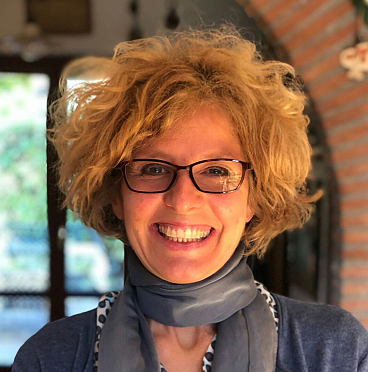
The 1990 Genfest was known as the “Genfest of the Wall,” or better, the fall of the wall. Just a few months before, an historical event had begun to change the face of Europe and of the world. During an unforgettable night, following a week of public disorder and the first signs of openness between East and West Germany, a large number of East Berliners were climbing the Wall that had divided them from the West for 28 years, and they began to break holes in the Wall with pick axes. That wall was only one side of a 6,500 kilometre dividing line between East and West, which split the continent in two from Finland, on the Baltic, all the way to Trieste on the Adriatic. It was not merely a physical wall, made of watchtowers, barbed wire barriers, police dogs and infrared radar, but also a mental wall, economic and cultural.
I was born in Trieste, an Italian city in the Northeast where everything speaks of confinement, of community with limits. Just getting there is an experience of the limit between land and sea, with the amazing spectacle of the rocky overhanging coastline. The beauty of this city reveals itself suddenly, just behind a corner. It’s only a few kilometres from the “physical” limit to the “political” limit on the surrounding plateau. Five minutes from my house the State border with Slovenia, always open since 2007, the year when Slovenia entered the Schengen region, was a barrage inside a sentry box. In the nearby city of Gorizia there was a wall similar to the one in Berlin, but smaller, made of concrete and dividing the city in two.
I grew up with this sense of “separation”, with Italians on one side, Slovenians and Croatians on the other. I have memories of cultural islands, Italian or Solvenian schools and theatres, like island groups that rarely communicated with one another. I remember the incomprehensible language of other students on the bus toward school. I remember the small buses with their Slovenian or Croatian license plates that came into the city from “over there”. They were on their way to shops near the Station to by products that weren’t available on the other side, the women wearing layers of dresses and trousers that made them look huge, in order to take along as much merchandise as they could. I remember the impulse to buy as much as possible and the rudeness with which they were treated, with a phrase that is better not to repeat. We Italians crossed the borders using a “pass” that was reserved for frontiers, to buy petrol and meat at better prices. We were quiet in the car, a bit frightened. Dad’s orders were to never say anything, because what was said to the border police could be misunderstood. As soon as we got over the moment of suspense and were inside Slovenia, our usual good cheer returned.
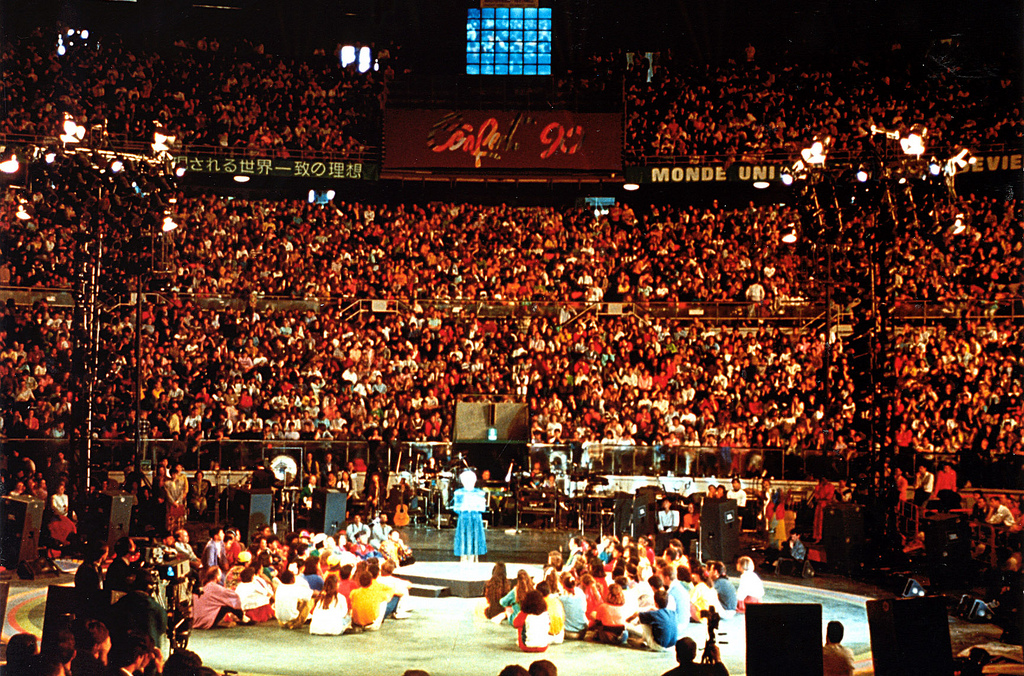 During adolescence, going with the Gen and the young people from the united world project, and the any experiences we shared, opened my heart far beyond the walls I knew. It made me hope and think big, of a truly united world. It wasn’t a fantasy, but a new way of thinking, of moving in a new direction, taking little steps, but made of real and authentic brotherhood.
During adolescence, going with the Gen and the young people from the united world project, and the any experiences we shared, opened my heart far beyond the walls I knew. It made me hope and think big, of a truly united world. It wasn’t a fantasy, but a new way of thinking, of moving in a new direction, taking little steps, but made of real and authentic brotherhood.
I took part in the 1990 Genfest with them. It was an unforgettable experience. For the first time, there was an explosion of happiness, young people from east and west looked in each other’s eyes and squeezed each other’s hands as television cameras broadcasted the scene in the Paleur Stadium to millions of television viewers around the world. We were given a mandate: to bring love back into the world. “Friendship and kindness aren’t enough,” said Chiara Lubich. “Philanthropy isn’t enough, neither are solidarity or non-violence. We have to change from being people focused on their own small interests, to being small daily heroes who are at the loving service of their brothers and sisters in every neighbor.”
The next year I left for Moscow. The iron wall that separated East and West may have fallen, but at a great price, pulverizing ideals and an entire social system. There were no winners, nor losers, only the disillusioned, suffering and widespread poverty. It was clear to me: It’s not enough to bring down a wall to create a free and just society. Now, those words that I heard at the Genfest are the only way forward for me: “Only in harmony with each other and forgiveness toward each other can you build a real future.”
Chiara Favotti


 Italiano
Italiano Español
Español Français
Français Português
Português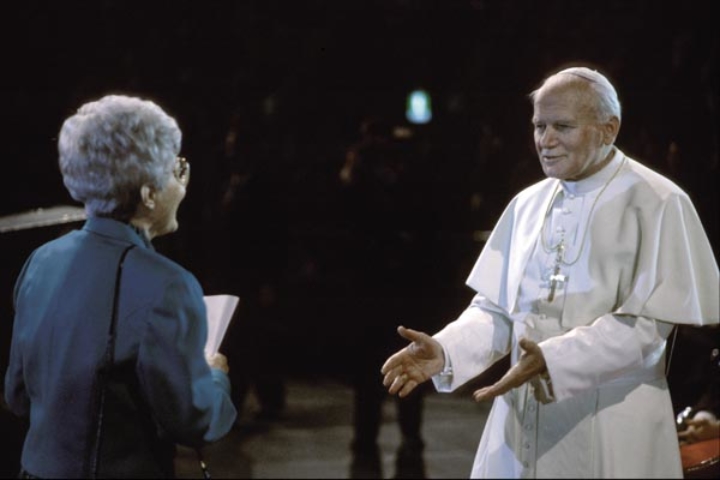
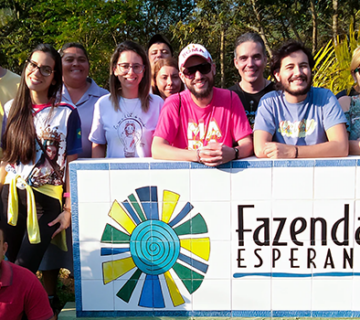
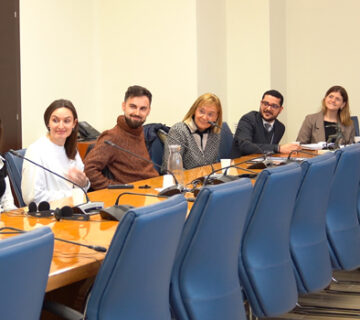
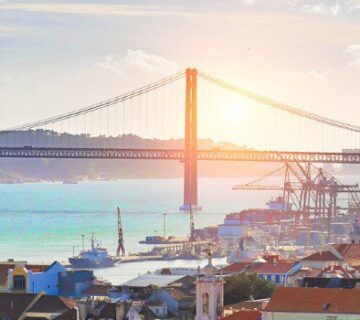

C’ero anch’io! Che emozione!
Indimenticabile!